As people age, they may experience certain health issues that make them unable to control their bladder and bowel movements, which requires them to wear adult diapers. For elderly individuals who require constant attention and care, it is important to determine how often they should have their diapers changed at night. In this article, we will be discussing the importance of diaper changes for elderly individuals, factors that influence the frequency of diaper changes, and the risks associated with poor diaper hygiene.
Importance of Diaper Changes for Elderly Individuals
Diaper changing is an essential task when it comes to promoting hygiene and preventing infections in elderly individuals. Incontinence can cause skin irritation or rashes if the individual stays in a wet or soiled diaper for too long. Furthermore, incontinence can lead to urinary tract infections or skin breakdown if proper hygiene is not maintained. Therefore, it is important to change diapers regularly to prevent these health issues.
Factors that Influence the Frequency of Diaper Changes
Several factors can determine how often an elderly person’s diaper should be changed, including the following:
1. Type of diaper - Different types of adult diapers have different absorbencies. In general, the more absorbent the diaper, the longer it can be worn before it needs to be changed.
2. Volume of urine output - Elderly individuals with high urine output will require more frequent changes than those with low urine output.
3. Type of incontinence - Different types of incontinence can affect the frequency of diaper changes. For example, fecal incontinence will require more frequent changes than urinary incontinence.
4. Personal hygiene - Keeping the area clean and dry can decrease the frequency of diaper changes.
5. Time of day - During the day, an individual may feel the need to use the bathroom and may be able to hold off on using the diaper. At night, an individual may not wake up in time to change their diaper and may require more frequent changes.
Risks Associated with Poor Diaper Hygiene
Poor diaper hygiene can lead to several health risks, including:
1. Skin irritation or rash - Wearing a wet or soiled diaper for a prolonged period can cause skin irritation or rashes due to constant exposure to moisture.
2. Urinary tract infection - Bacteria can grow in a wet or soiled diaper, increasing the risk of developing a urinary tract infection.
3. Skin breakdown - Prolonged exposure to moisture can break down the skin, leading to skin breakdown or pressure sores.
4. Fecal impaction - Fecal impaction occurs when feces accumulate in the rectum and can cause severe constipation and discomfort.
Conclusion
In conclusion, changing an elderly person's diaper at night is an important part of maintaining their hygiene and preventing infections. The frequency of diaper changes depends on several factors and may vary from person to person. It is essential to take into account the individual's unique circumstances and consult with a healthcare provider if necessary. Poor diaper hygiene can lead to several health risks, and it is important to maintain proper hygiene to avoid these complications. Understanding the importance of diaper changes and following proper hygiene practices can ensure the comfort and well-being of elderly individuals.







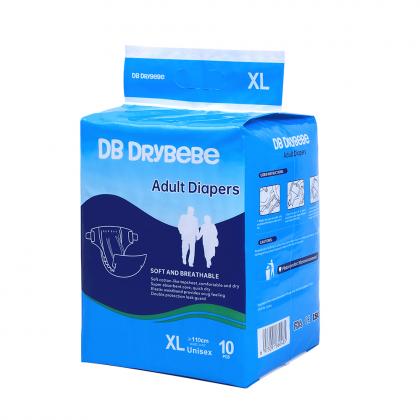
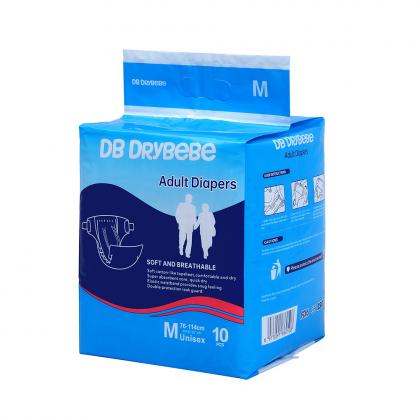
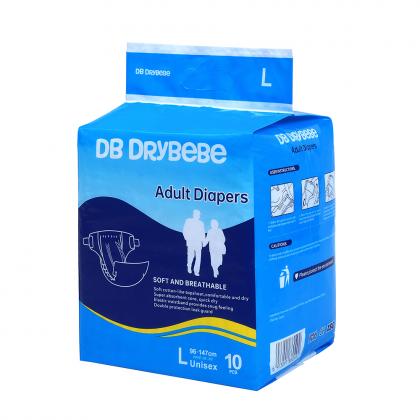
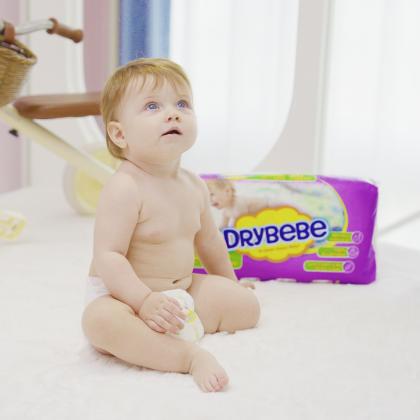
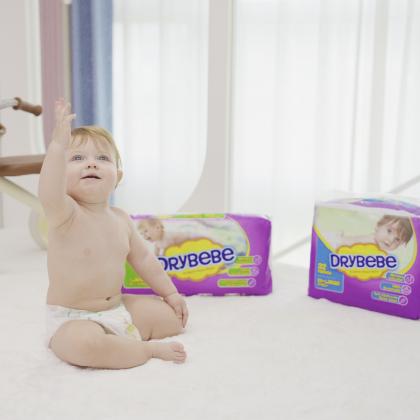
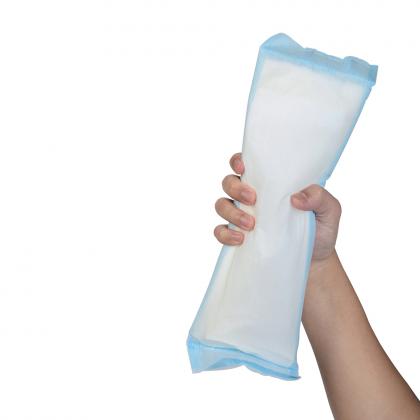
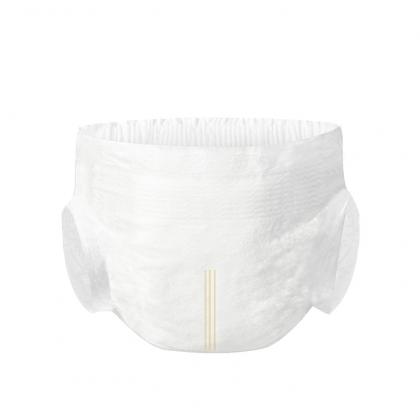
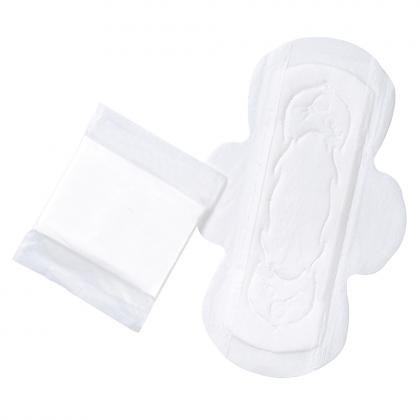
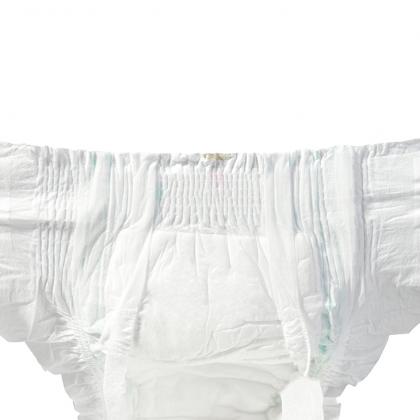
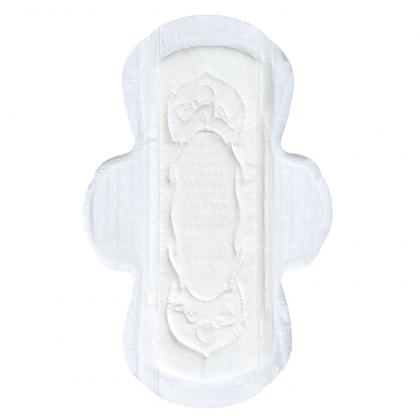




 IPv6 network supported
IPv6 network supported 